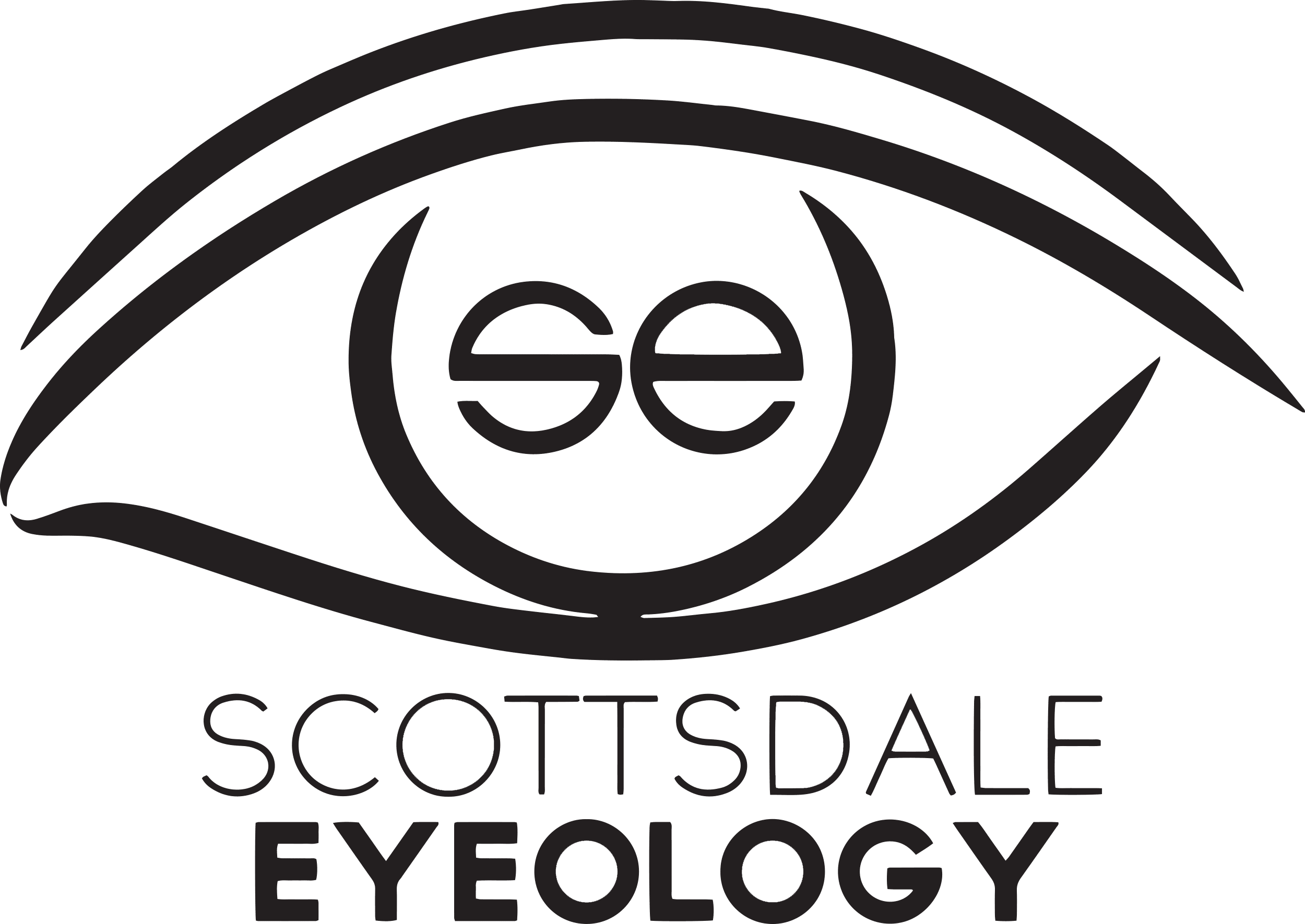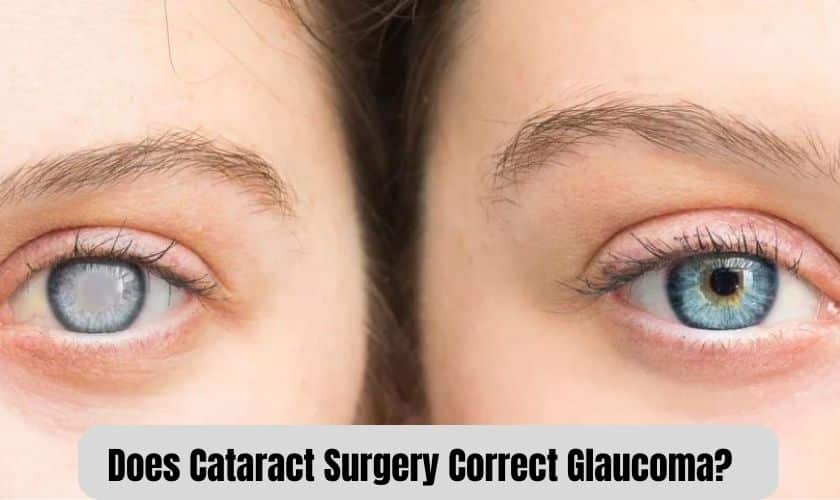When it comes to eye health, Glaucoma is one of the most dangerous and debilitating diseases. Glaucoma affects millions of people worldwide and can lead to severe vision loss if not treated properly. While cataract surgery has been used for years to treat conditions related to Glaucoma, many people are still unclear on whether or not it can effectively address Glaucoma itself. This blog will discuss whether cataract surgery can be used as a treatment option for Glaucoma.
What is Glaucoma?
Glaucoma is an eye disorder that destroys nerve tissue in the optic nerve and can lead to vision loss. Glaucoma is often caused by a buildup of pressure in the eye, which prevents fluid from draining properly. Glaucoma can be inherited or acquired through age-related changes or diseases like diabetes.
Can Cataract Surgery Help Glaucoma?
Cataract surgery has been used for years to correct vision problems related to Glaucoma, such as cataracts. During cataract surgery, the eye’s damaged lens is replaced with an artificial one that helps improve vision. This procedure may also help reduce the intraocular pressure (IOP) associated with Glaucoma if it causes no further damage to the optic nerve tissue.
However, cataract surgery alone cannot provide a cure for Glaucoma. Glaucoma can only be managed with drugs or laser treatment to reduce the IOP, as well as regular monitoring of the condition with an ophthalmologist.
Does Cataract Surgery Have Any Side Effects?
Cataract surgery is generally considered safe and effective in correcting vision problems related to Glaucoma. However, some potential risks associated with the procedure should be discussed with your doctor before undergoing cataract surgery. These include infection, bleeding, inflammation, and retinal detachment. In addition, individuals who have previously had Glaucoma may be more likely to experience complications from cataract surgery.
Final Words
Cataract surgery can be a helpful treatment option for Glaucoma, as it can help improve vision by replacing the eye’s damaged lens and potentially reduce the IOP associated with Glaucoma. However, cataract surgery alone cannot provide Glaucoma patients with a cure, and other treatments, such as medication or laser therapy, should also be used to manage Glaucoma more effectively. Potential risks associated with cataract surgery should also be discussed with an ophthalmologist before the procedure.
Cataract surgery can help Glaucoma by replacing the eye’s damaged lens and potentially reducing the IOP associated with Glaucoma. However, Glaucoma can only be managed with drugs or laser treatment, as well as regular monitoring of the condition with an ophthalmologist.
Yes, there are potential risks associated with cataract surgery, such as infection, bleeding, inflammation, and retinal detachment. Additionally, individuals who have previously had Glaucoma may be more likely to experience complications from cataract surgery.
Cataract surgery is generally considered safe and effective in correcting Glaucoma-related vision problems. However, potential risks associated with cataract surgery should be discussed with an ophthalmologist before undergoing the procedure.


